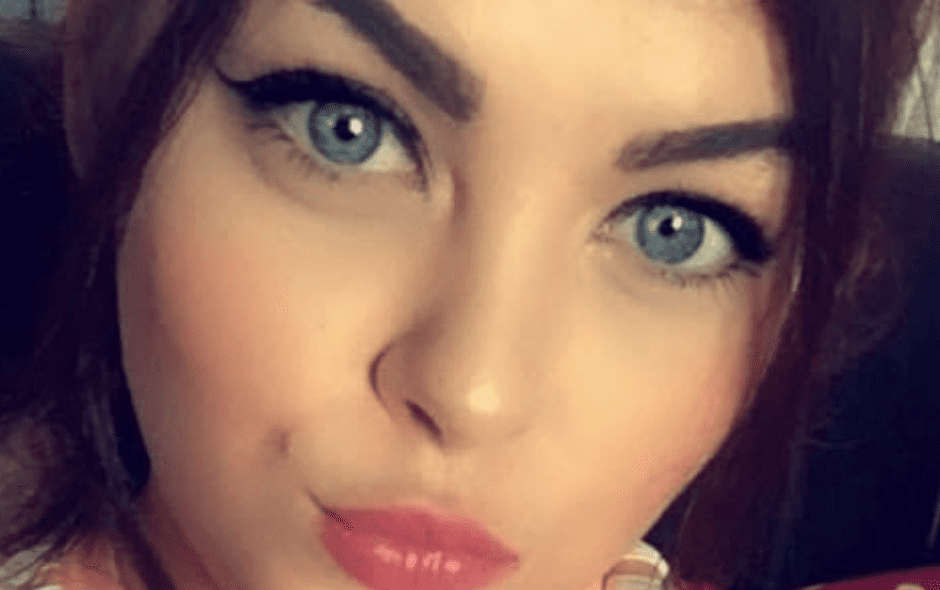Ashleigh was diagnosed with epilepsy in late 2021. As part of our mental health and epilepsy campaign, Ashleigh shares the challenges she has faced since being diagnosed with epilepsy and how epilepsy has affected her mental health.
How did you feel when you were first diagnosed?
Confused, as it isn’t something I’d ever dreamt of being diagnosed with, even though I’ve suffered obvious signs of epilepsy all my life.
Part of me was very relieved though, to have a diagnosis I was confident in. All through my life, my focal seizures had been misdiagnosed as panic attacks and anxiety.
What challenges have you faced since being diagnosed with epilepsy?
The only challenges I feel I have faced so far are those immediately after a seizure. The confusion, memory loss and headaches.
Do you think your epilepsy affects your mental health? If so, in which ways?
Very much so. All through my life, my epilepsy had been misdiagnosed by GPs as anxiety and depression. Although I know anxiety and depression can sometimes present themselves as symptoms of epilepsy. I sometimes feel very anxious or agitated for no apparent reason.
Sometimes it gets me down knowing I have a long term condition that will continue to affect my life for a while.
What kind of support have you received to help your mental health?
My neurologist is very supportive, I feel I can be completely honest with her and I will face no judgement.
My workplace is also very supportive, and offer help to any staff member who may need it for any reason.
What has helped you with your mental health?
Just the diagnosis itself has helped greatly. I’m not crazy. I’m not even depressed.
To have an answer to the million questions I’ve had my entire life has helped my peace of mind greatly. What are these episodes? Why do I feel this way? Why is my short term memory so atrocious?
My epilepsy diagnosis has given me answers, or at least leads to follow, for almost every mental ailment I feel I suffer from.
We always say that epilepsy is more than just seizures. Do you feel like this has been your experience?
Yes, completely. As I’ve mentioned previously, anxiety and depression are key players when it comes to epilepsy. Especially as your sorting out your medication.
Memory loss is also something I feel I’ve suffered greatly from since having my first tonic-clonic.
My long term memory is phenomenal, I can remember things from before my little brother was born. He is only two and half years younger than me.
Remembering a few days ago? Almost impossible.
After an MRI and EEG we discovered that my seizures happen in the part of my brain that stores memory.
Do you feel that epilepsy has stopped you doing what you want to do?
Not really. It has made driving no longer an option, but that wasn’t something I had my heart set on to be honest. My workplace is very supportive and hasn’t let my diagnosis come in the way of me climbing the corporate ladder.
What advice would you give to somebody with epilepsy who was struggling with their mental health?
Speak up! Epilepsy is so much more than seizures, and I don’t feel that is widely known.
It’s so easy for someone with epilepsy to feel alone in their symptoms, but as soon as you start speaking to other people with epilepsy you begin to realise that your “abnormalities” are completely normal within the realms of epilepsy sufferers.
If you are struggling with your epilepsy and mental health, please call our freephone Helpline on 0808 800 2200 or email contact@epilepsyscotland.org.uk
We have launched Scotland’s first-ever national survey seeking to understand the effect epilepsy can have on the mental health of someone who has a neurological condition. To complete the survey, please click here.




